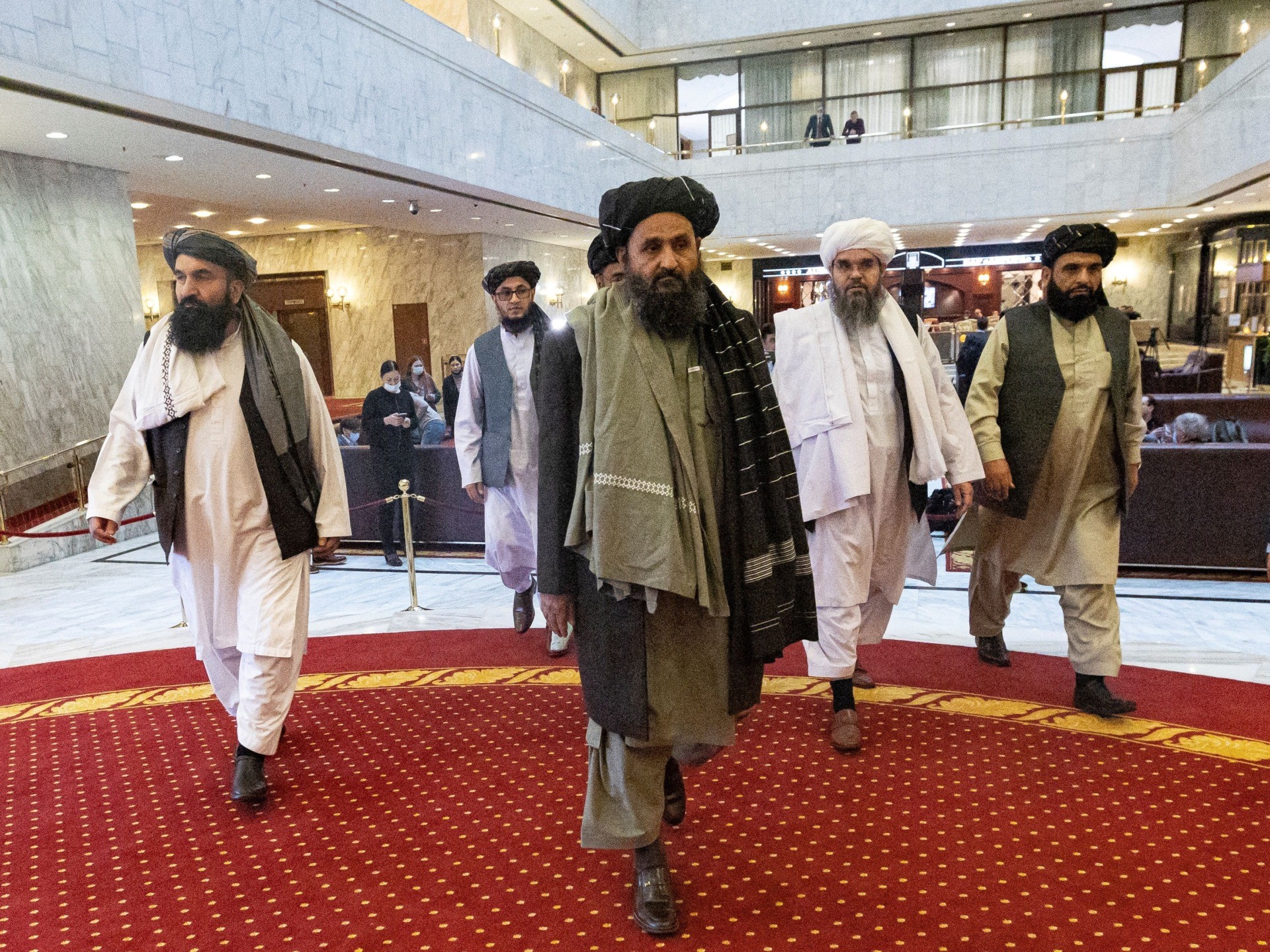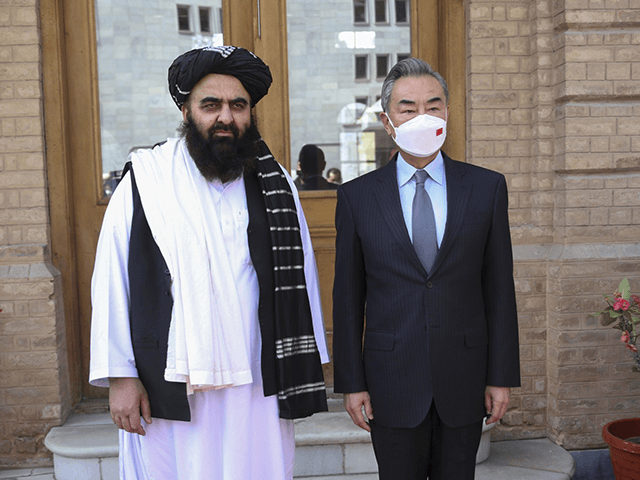The Taliban’s Ministry of Urban Development signed a deal last week with China’s Beijing-Nangarhar Construction and Manufacturing Company to build a $216 million industrial complex on the outskirts of Kabul.
The complex will cover 650 acres and include 150 factories, a mosque, public parks, residential buildings, and health and educational facilities. The planners predicted nearly 45,000 jobs will be directly and indirectly created by the project.
“We are ready to provide any kind of support. If they face any problem, we will resolve it,” Taliban First Deputy Prime Minister Mullah Abdul Ghani Baradar assured his Chinese partners at the signing ceremony in Kabul’s Deh Sabz district last Thursday.
The Chinese-built factory complex will be the second major construction project undertaken by the Taliban since it seized power from the elected government of Afghanistan last August. The first was a 175-mile-long irrigation canal in the northern province of Balkh, which formally commenced construction at the end of March and is scheduled for completion within five years.

Taliban co-founder Mullah Abdul Ghani Baradar (C) and other members of the Taliban delegation arrive to attend an international conference on Afghanistan over the peaceful solution to the conflict in Moscow on March 18, 2021. (ALEXANDER ZEMLIANICHENKO/POOL/AFP via Getty Images)
“With the construction of this canal, the country will reach self-sufficiency in agriculture. We will not be begging other countries to help us. A country cannot be developed via aid,” Mullah Baradar said at the dedication ceremony for the canal.
Taliban Economy Minister Nooruddin Azizi demanded Afghans living outside the country should “come to their own country and invest here” so large-scale projects commissioned by the “Islamic Emirate of Afghanistan” could be completed.
Communist China swiftly accepted the Taliban takeover and cultivated business ties with the extremist regime, with an eye towards exploiting Afghanistan’s untapped mineral resources. This budding partnership was tempered with Chinese concerns that the Taliban might harbor Islamist groups regarded as security threats by Beijing.
China is also concerned for the safety of its workers and managers in Taliban-controlled Afghanistan, especially after a suicide bombing in neighboring Pakistan on April 26 killed two Chinese teachers and the director of the University of Karachi branch of the Confucius Institute, a Chinese state-controlled propaganda operation at foreign universities that masquerades as a free clinic in Chinese language and culture.
The bombing was claimed by the Baloch Liberation Army (BLA), a militant organization based in Afghanistan. The BLA is a separatist group seeking independence for Balochistan, a large mineral and gas-rich region of Pakistan along the Afghan border.
The BLA is increasingly interested in attacking Chinese interests in the region because it dislikes the economic support China provides to the government of Pakistan – especially when China makes deals involving resources in the Balochistan region.

COMMENTS
Please let us know if you're having issues with commenting.